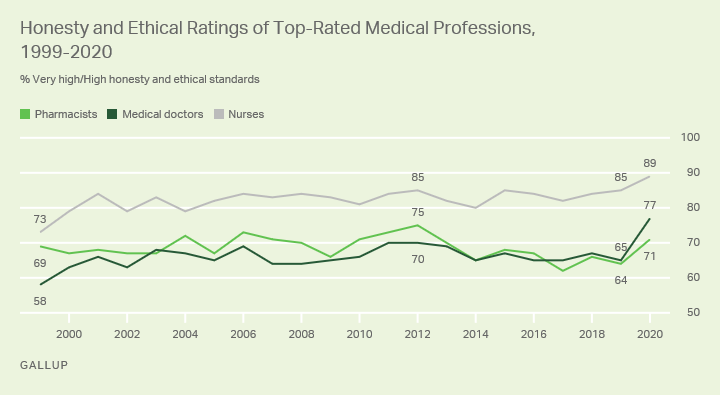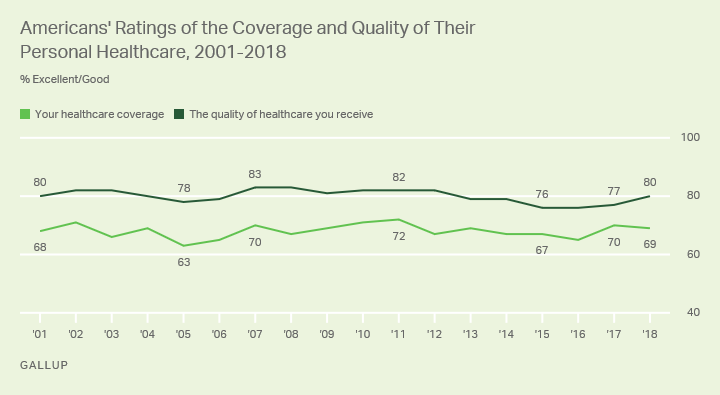Labor Department Must Address “Shared Savings Fees” to Boost Healthcare Transparency and Target Unnecessary Costs
In our contentious national healthcare debate, there’s one point on which we can all find a rare point of consensus: the benefit of achieving greater transparency in medical billing and fees.
Unfortunately, the manner by which the Biden Administration has implemented the “No Surprises Act” that took effect on January 1 so far has failed to protect consumers from obscure and needless insurance costs. Although the No Surprises Act aimed to reform the out-of-network reimbursement process, some insurance companies continue to exploit what are known as “shared savings fees,” which in turn keeps costs higher than necessary for both employers and their employees alike.
The Department of Labor, however, can help rectify the problem by requiring greater transparency going forward.
By way of background, “shared savings fees” derive from out-of-network medical claims, and more specifically refer to out-of-network cost-management fees. They’re sold to health insurance plan sponsors, typically employers, as a form of protection against surprise medical bills charged to employees. In other words, shared savings fees ostensibly provide a mechanism for employers to save money by lowering out-of-network healthcare costs when they arise.
The problem is that in practice, they often impose hidden fees that result in higher premiums and dubious benefits for plan sponsors and covered employees, as we explained alongside a dozen other free-market organizations in a recent coalition letter to the U.S. Secretary of Labor:
In some cases, shared savings fees exceed total administrative fees for many plan sponsors, and some may not even be aware of the total amount they are paying in those fees. That is partly a function of a significant lack of transparency, since insurance companies do not routinely report their revenues from shares savings programs. Unfortunately, the No Surprises Act does not directly address those fees, and we believe that insurers should more responsibly disclose the fees that plan sponsors are charged every year to help reduce healthcare prices for millions of American families.
The No Surprises Act should’ve made shared savings fees unnecessary. As long as shared savings fees continue to exist as “administrative fees,” the problem of higher healthcare costs and fewer choices for consumers will fester. The Labor Department must therefore require higher transparency and full disclosure to employers and other health plan sponsors regarding shared savings fees to help resolve this outstanding and wholly unnecessary problem.





 CFIF Freedom Line Blog RSS Feed
CFIF Freedom Line Blog RSS Feed CFIF on Twitter
CFIF on Twitter CFIF on YouTube
CFIF on YouTube